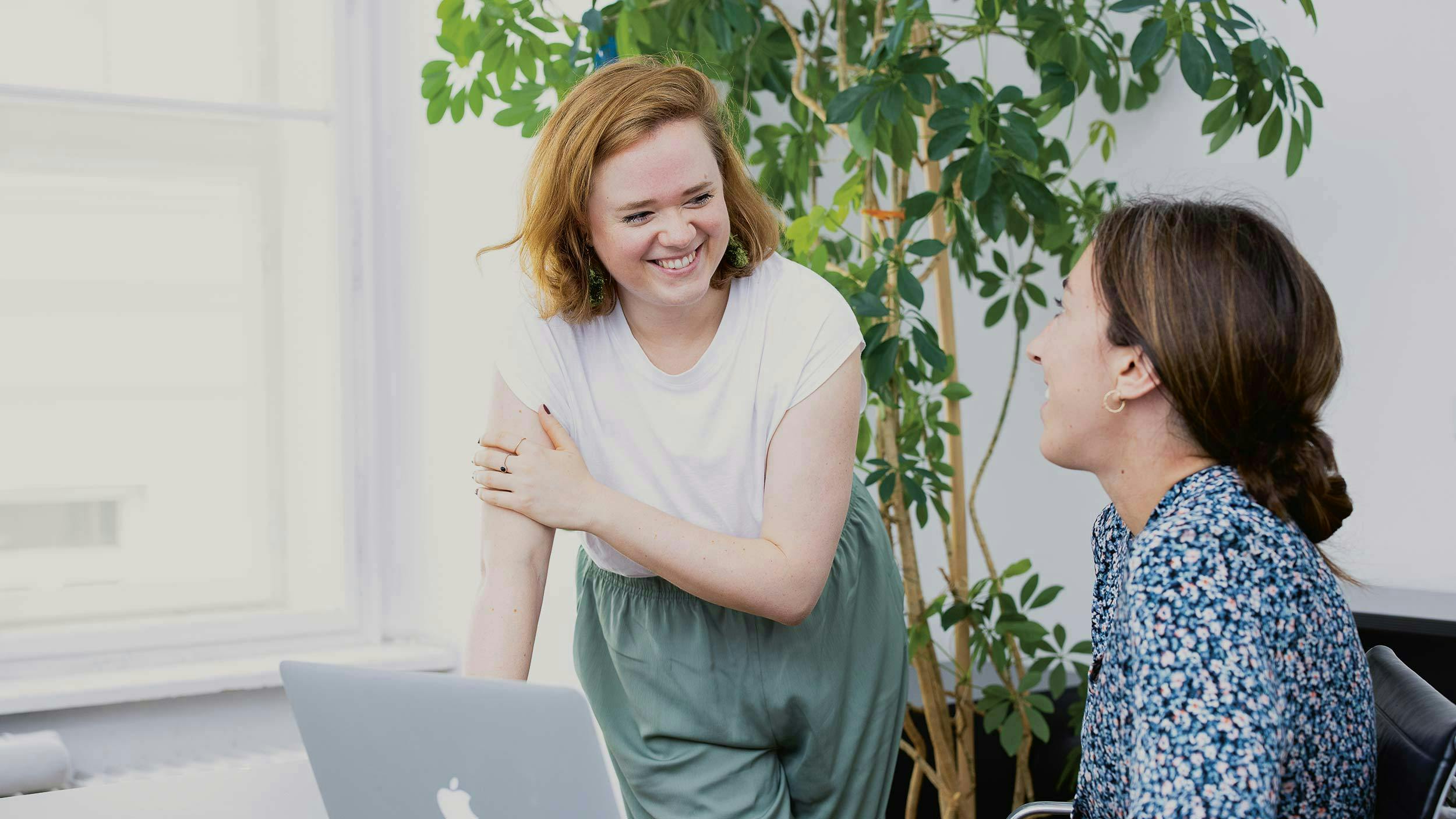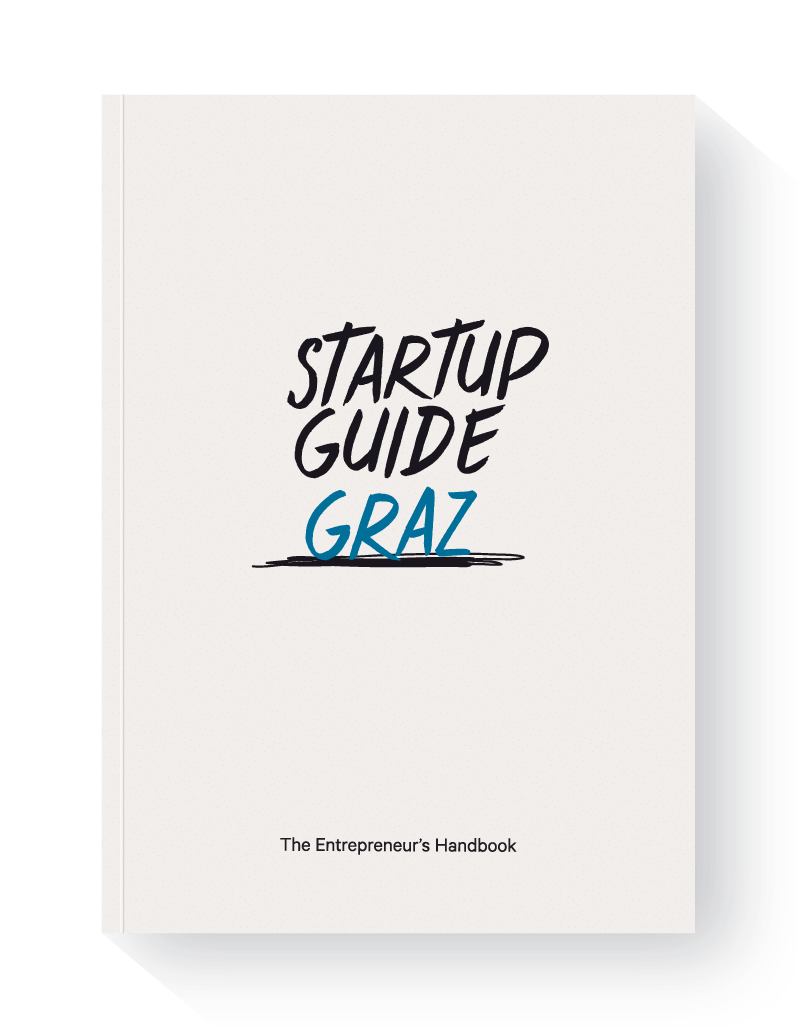Entrepreneurship is empowerment: Lisa-Marie Fassl on bringing diversity to European tech and innovation
riginally from southeast Austria, Lisa-Marie Fassl intended to become a management consultant working for the likes of McKinsey & Company. After acing her business administration degree in Graz, a chance meeting led to her joining Startup Live instead, despite not knowing what a startup was.
Inspired by the passion of the entrepreneurs she met, she went on to cofound Startup Kitchen, which networked entrepreneurs and investors over cooking lessons. She also joined the Austrian Angel Investors Association (aaia) and cofounded Ideentriebwerk Graz, Austria’s largest student-run startup organization. Today, in addition to heading up Female Founders, Europe’s fastest-growing community for entrepreneurial women, she is VP at aaia, Startup Advisor to the Federal Ministry for Digital and Economic Affairs and lectures on entrepreneurship at University of Graz. She is just thirty years old.

Lisa-Marie Fassl, photo by Stefan Diesner
What motivated you to start Female Founders?
When you're part of the startup ecosystem, you realize there are hardly any women, especially on the founder side. And the investor side is even worse. In everything I had done, including university, I was always one of the few women in the room. When we talk about the future and creating technology, it's hopefully about creating a better future not only for a small group of people but everyone, so it's weird that technology and startups are mostly created by young white guys with an Ivy League, or otherwise privileged, background. Over the years, more women were entering the community, and I tried to connect with other women. Because I was well connected in the community, many asked me to introduce them to other women, which was sometimes a lot of work, and I thought, This is taking such a big chunk of my time, I need to make this more scalable. It was the same for my cofounder [Nina Wöss]. So we started "ask me anything" events – super low key, with a networking game – and they worked well. The second meetup had one hundred women, which showed us there was a need in the market.
Nina had worked at a VC fund called Speedinvest. When female founders go to VCs, they have an even harder time asking for money and actually getting it. We met through startup events and were regularly in touch because when you know someone working at a big fund like Speedinvest, you want to be in contact. I thought it would be nice to have another person joining the Female Founders team because I hate doing social media, so I asked her to do it. Last year, we decided to go all-in. It had been a side hustle for us, with a team of three. Now we are fourteen people.
You launched something that revolves around getting people together at a time when nobody could? How did that go?
We hosted our biggest annual event on March 6, 2020 (to honor International Women's Day), so that was a strong motivational push to get things done. We’d been running smaller events and our accelerator program in person, and everything was set for the next batch of our leadership accelerator and startup accelerator. Then coronavirus hit, and we didn’t know what to do. We thought about postponing and then decided, no, we’ll use this opportunity and redesign things and make an even better program, as accessible and easygoing as possible, and fun. We ditched everything we had, started from scratch, and asked ourselves what our USP was, what could we offer, what could our network offer, what distinguishes us from other programs and why should founders work with us? It was a tough time because no one knew what was going to happen, so it was surprising it turned out that well. It was a lot of work because we hired our team completely remotely and met them weeks or even months later. But I think it was an important step and good that we went through this crisis because it forced us to rethink and challenge everything we do, and it helped us grow.
So what are your USPs?
We see things from the founders' perspective because it's about them at the end of the day. We are entrepreneurs ourselves, so we know what the challenges are. With female entrepreneurs, their biggest challenge is to fundraise. So for certain programs, we focus on investment readiness, not on general business modeling or setting up basic operations, etc. It's about what you need to be successful in fundraising, negotiating, coming up with valuations, preparing your pitch deck, having a team that can do this, and transactions, etc. Financials is something women are afraid of, so this is what we focus on.

Lisa-Marie Fassl, photo by Stefan Diesner
Certain things in the startup world don’t play to women’s strengths, do they?
I often have conversations with VCs who tell us, “Women are not applying, blah, blah; there is no bias, blah, blah.” And then they tell women how to fit into the current system. And I'm wondering if we need to make fifty percent of the population fit into the system if it's obviously not working. For example, the standard way of pitching is so well established that it’s what people are specifically looking for. The upside is, now we're moving into this digital world, you don't need to be on a big stage and pitch in front of hundreds of people. At our demo days, entrepreneurs prepare a pitch but it's a video, so they don't need to do it live. I hope this is changing and we don't need to be on a big stage and do this big show, because it's not about delivering a show but about delivering purpose and products that make sense.
Do you think there needs to be a reassessment of what makes a good startup, a good founder?
Definitely. It's about people, and through a pitch you cannot figure out if these are smart people and good people to hang around with, because it's really about investing time in them. Unfortunately, hardly anyone has time to figure out if it makes sense to work with these people. This is why a lot of VCs and investors experience surprises when they vote for people based on how good they are on stage.
If you have this entrepreneurial mind, curious for opportunities and solving problems, you go for everything. But this is how you waste time and resources.
Apart from lockdown, what other challenges did you face in the early days?
We completely lost focus during the pandemic because – and this is natural for entrepreneurs – you see opportunities everywhere. If you have this entrepreneurial mind, curious for opportunities and solving problems, you go for everything. But this is how you waste time and resources. That was a big learning. The second one was to focus on the team. Developing leadership skills is one of the biggest challenges because you get lost in everyday operations, product, sales, etc. It's easy to lose this focus on the team, the people and building a strong culture that is resilient enough to go through crises. The third thing was, everything is moving way slower than expected, especially sales. Also, people are really surprised that women want to make money and that our services have a price tag. Other women are surprised. We work with a lot of companies, other stakeholders, public institutions, and they're surprised this is not a small NGO living from nothing but that we need to make money to cover costs and salaries. And we’re not asking for big money – just charging a price for our services that is market standard, something men would probably charge.
Is Female Founders funded entirely from program fees?
Yes. When we do consulting, which is just a small part of what we do, we charge market standard prices. The biggest money comes from the startup program. The startup accelerator has a success fee. There's no equity involved, but if startups get investment after the investment readiness accelerator, they pay a fee, which is five percent of the investment with a cap of fifteen thousand euros. So it's cheaper than having consultants help you get a public grant or crowdfunding. The other thing is that we matchmake startups with corporates. And then the talent part is about bringing more women into the tech space.
Entrepreneurship is more than starting companies; it’s empowerment.
Why focus on the tech sector?
It’s where our expertise lies. Nina and I have experience in investment but always focused on tech. It’s super interesting for us because, and this is something coronavirus has shown us, digitalization is everywhere, and women need to be a part of it. Tech-oriented companies will be solving the challenges we're seeing on this planet.
What are you most proud of having achieved?
Some of our startups from the accelerator, especially the batches we've seen since we went digital, got investment. The highest investment so far was one million euros, which is really cool. Also, a digital event we ran this year had 1,500 participants. But, generally, I’m most proud that we've made it through this pandemic and managed to grow that fast. I’ve never been so happy with the team, because we have very smart, passionate people doing a really good job. And obviously, a community of 35,000 women, which is insane to think about.
What are your long-term goals?
To have an ecosystem for people who identify as female that supports them from first inspiration to join a startup through starting their own companies, finding people to join the team, growing the company, getting investment, exiting and reinvesting in female entrepreneurs. That's the ultimate goal, and we're moving really fast towards it. Also, we're going to focus more on the talent part, because we realize not everyone is going to start a startup company, which is fine. Entrepreneurship is more than starting companies; it's empowerment. And this is the story of Nina and myself: if we hadn’t tried to start a company, we wouldn’t be the people we are now.
A version of this article is included in Startup Guide Graz, alongside more founder stories and expert insights. Order your copy now!
Written by Kate Williams
Repackaged by Anastasia Ilcov
Photography by Stefan Diesner

